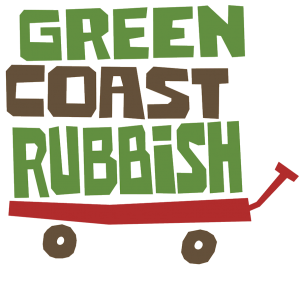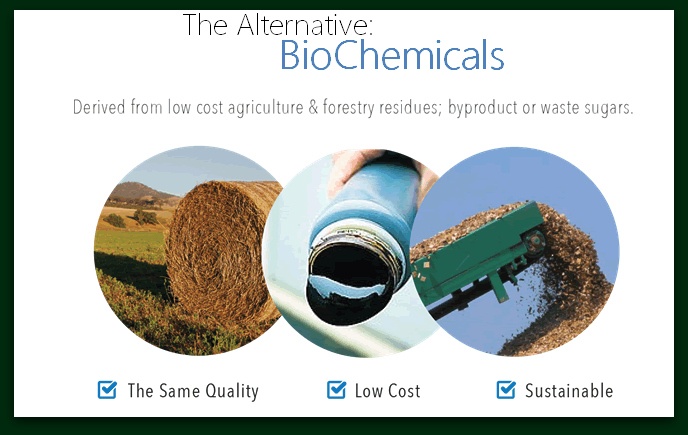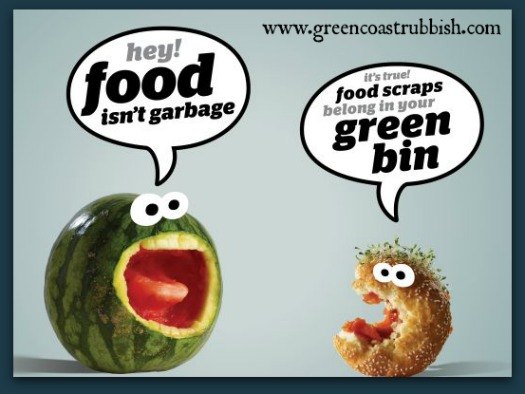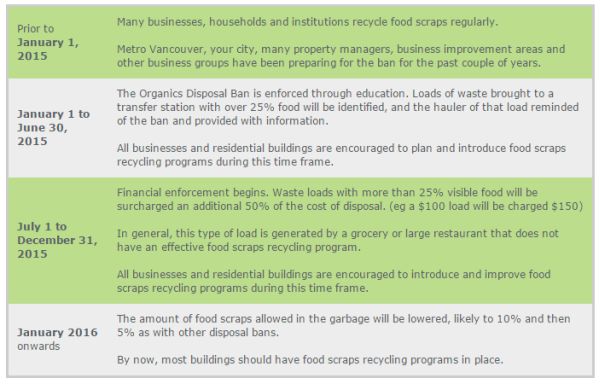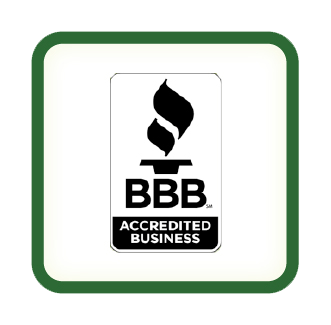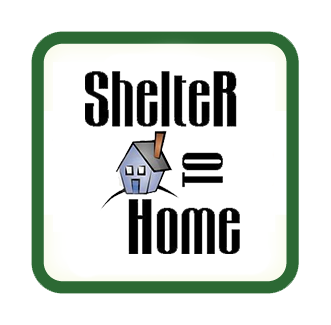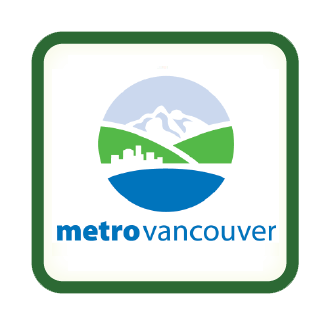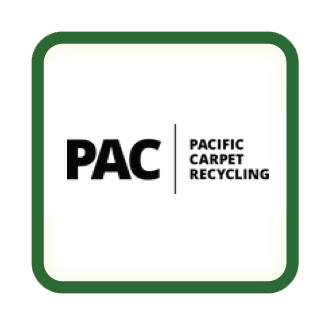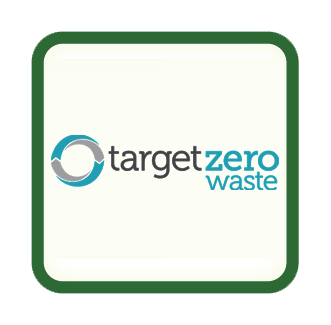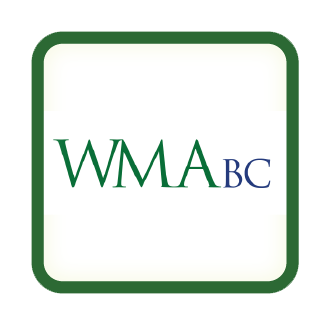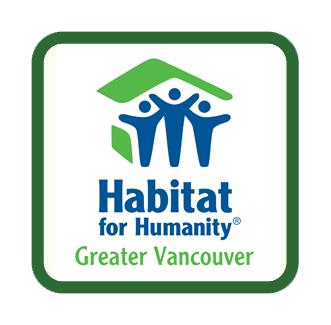One to Watch: S2G BioChem
With global warming on the rise, companies offering clean energy and biochemical solutions are leading the way in both innovation and sustainability. Green Coast Rubbish would like to highlight one such company to watch – S2G BioChem – in this week’s blog.
What they do: S2G BioChem produces glycols for the industrial chemical industry without using petroleum products.
Glycols are used to produce many common household products such as liquid detergents, lotions, personal care products, car antifreeze, plastics, packaging material and many other common household products. This is a $30 billion dollar industry.
Environmental benefits: Glycols are typically made from petroleum products (ethylene, propylene, naptha) which are associated with rising GHG emissions and global warming.
In contrast, S2Gs bio-glycols are made from low cost, sustainable, non-food based agriculture and forestry waste products which reduces green house gas emissions by an estimated 1.8 tonne of C02 equivalent per tonne of glycol produced. According to S2G’s website, converting even just 5% of the current glycol market to bio-glycols would take the equivalent of 330,000 cars off the road or about 1,800 kilotonnes each year.
We work with them: In 2014, Green Coast Rubbish helped S2G remove and treat over 26,000 litres of waste water from their Vancouver based pilot plant (all of which is derived from plants and biological feedstock) and also recycled much of their construction waste.
Why we like them: “We are a big fan of S2G because of their use of renewable plant based sources in place of conventional fossil fuel feedstocks, and more importantly they are a great group of individuals to work with,” says Green Coast Rubbish President Eamonn Duignan.
Learn more: To find out more information about S2G BioChem, visit their website.
